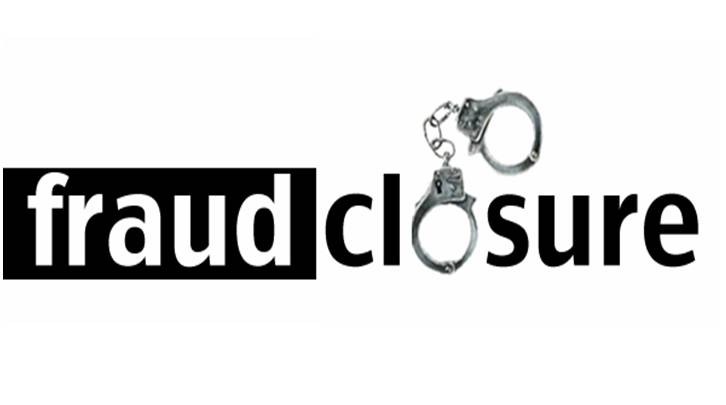(In)validity and (in)admissibility of out-of-state documents and affidavits: the CPLR 3212/2309(c) – RPL 299-a
You represent the plaintiff-assignee on motion for summary judgment under Civil Practice Law and Rule 3212 in a commercial mortgage foreclosure action. Your “affirmation of regularity” is supported by a complaint verified in New Jersey. The assignment was effected and acknowledged, in Pennsylvania, under a power of attorney notarized in California. All documents – the power of attorney, the assignment of mortgage and the verification – were properly executed in the jurisdictions where they were signed.
So “all of your [predicate legal] ducks are lined up.” No heavy lifting here. File the motion and “judgment day” is near. (Sorry for the mixed metaphors.) But wait a minute!! None of the documents signed outside the state contain the so-called “certificate of conformity” required by CPLR 2309(c) and Real Property Law § 299-a. Was the assignment of the mortgage effective? And is your evidence in admissible form?
THE LEGAL/STATUTORY FRAMEWORK
In order to obtain summary judgment pursuant to CPLR 3212 a party must present uncontroverted and dispositive proof in admissible form. Friends of Animals, Inc. v. Associated Fur Manufacturers, Inc., 46 N.Y.2d 1065, 416 N.Y.S.2d 790, 390 N.E. 2d 298 (1979). However, such proof, if based upon an “oath or affirmation taken without the state” must, according to CPLR 2309(c), be “accompanied by such certificate or certificates as would be required to entitle a deed acknowledged outside the state to be recorded within the state[.]”
And RPL 299-a requires validation of an out-of-state acknowledgement “by a certificate to the effect that [the acknowledgment] conforms with [the laws of the jurisdiction where taken].” Without a so-called “certificate of conformity”, as required CPLR 2309(c) and RPL 299-a, is the mortgagee’s motion for summary judgment based upon a defective “house of [inadmissible] cards”: an attorney’s affirmation that is not based upon personal knowledge of the facts, a New Jersey verification of the complaint, a Pennsylvania assignment, and a California power of attorney?
THE ‘AFFIDAVIT OF REGULARITY’
CPLR 3212(b) mandates that “[a] motion for summary judgment shall be supported by affidavit, by a copy of the pleadings, and by other available proof, such as depositions and written admissions. The affidavit shall be by a person having knowledge of the facts [.]”
The motion for summary judgment is based upon an attorney’s affirmation. The attorney does not have personal knowledge of the facts. The affirmation may not suffice as any evidence, much more proof, upon the lender’s motion because an attorney’s affirmation that is not based upon personal knowledge of the underlying facts or transactions is of no probative value for purposes of a summary judgment motion. Marcus & Millichap Real Estate Investment Services of NY v. Donegan, 26 Misc.3d 1227(A), 907 N.Y.S.2d 438 (Sup. Ct. Kings Co. 2010); Citibank (South Dakota), N.A. v. Martin, 11 Misc.3d 219, 807 N.Y.S.2d 284, 2005 N.Y. Slip Op. 25536 (Civ. Ct. N.Y. Co. 2005).
Accordingly, the motion for summary judgment may be denied because the mortgagee has failed to meet its initial burden of establishing prima facie entitlement to judgment as a matter of law.
To learn more about this click here…
~


LOCK EM UP!